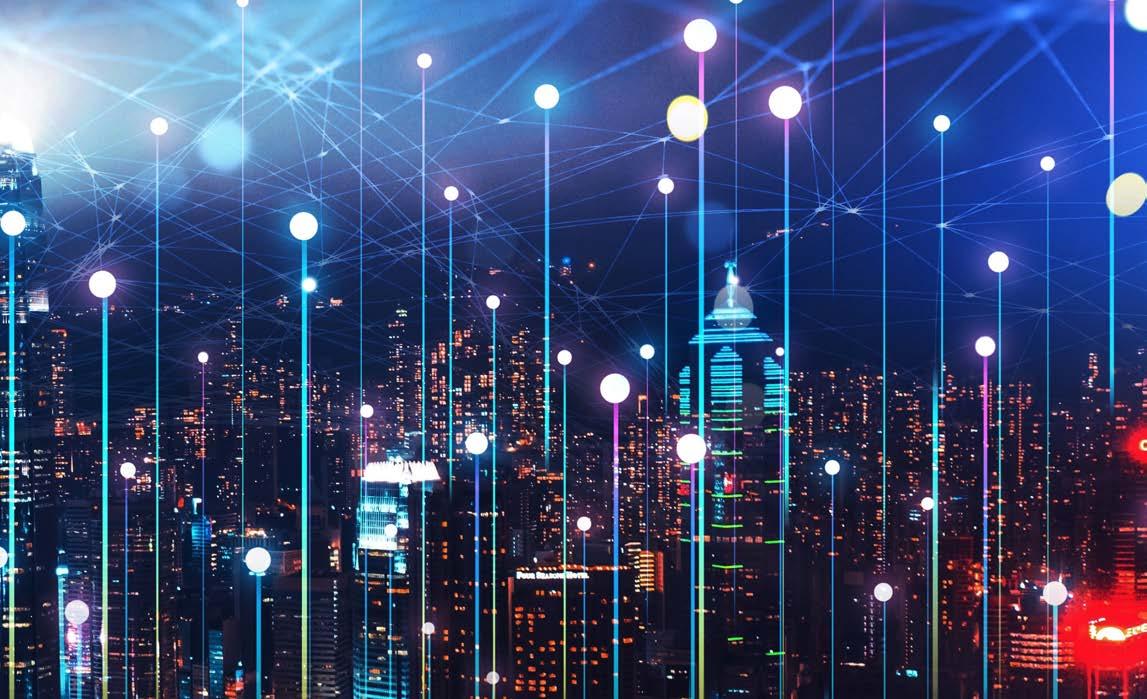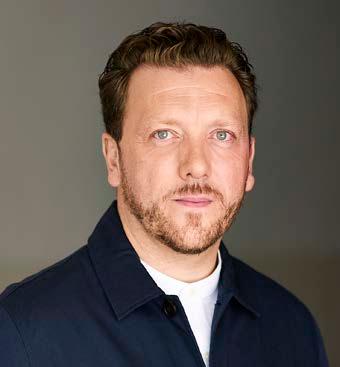
2 minute read
THE METAVERSE
Defining The Metaverse
Joël Kremer, COO of Moyosa Media, said: “I think we first need to take a step back as a collective industry and try and define what the metaverse is. I think the media especially jumped on a new phrase and hyped it similar to what happened to VR (but way faster). It very quickly morphed into only the projects of Meta, Roblox, Sandbox and Decentraland being the metaverse. This does not cater to a broad audience and the use cases just really aren’t there (at least not successfully on a huge scale).
Advertisement
“If we add that the terminology of web3 has been mixed in anywhere at all times (NFT, blockchain, etc.), it all gets very confusing. But the public gets bombarded with the terms and so “it must be big”. The reality is that everyone needs time to figure out a strategy, fund it, test it, fail and try again. And that is in parallel to all the existing digital challenges they are facing.
“For us, the metaverse is adding a third axis to the internet, whereby users get the feeling of a 3D experience, sometimes even immersive.”
Delving into how this could apply to the travel and tourism industry, Kremer highlighted that the metaverse can impact the entire user journey, from research to pre-experience and retention. “Users can step into a hotel room or restaurant at a resort via a digital door on their mobile devices and look around; experience AR art or an animal tour at the hotel; and stay connected with their favourite hotel or hotel chain using discovery technology for next year’s family holiday.”
From a business perspective, Kremer explained that understanding the technologies connected to the metaverse is a very important first step. Getting a clear market and techstack overview will allow companies to properly decipher how it fits into their operational models on a strategic, creative and business (ROI) level.



“When done properly, the end user will be able to enjoy travel much more by being better informed, better entertained and better retained.”
A Real Opportunity
According to Karl Escritt, Chief Executive Officer at Like Digital & Partners, technology comes and goes but what sticks around usually has the consumer at the centre of its experience and enhances our day-to-day. “It also rarely appears in isolation and often is only successful when combined with one another. GPS and the smartphone created Uber; high-speed internet and AI-driven personalisation allowed Netflix to flourish. These examples seem less exciting now, but they did two things: solved a real-world problem and became invisible (to the end-user).
“For the metaverse, this means the industry getting together and looking at all business sides and consumer pain points, including areas that can be optimised through digital opportunities to create better experiences. This exercise may show how the metaverse could be used to better educate staff during pre-opening periods, map out footfall during peak resort periods or visualise a room pre-stay. I firmly believe that the metaverse has huge potential in the education sector and the travel industry really needs to look at how this could play a role in the training of staff in the future.”
TO ENHANCE, NOT REPLACE
While the relationship between the tourism sector and the metaverse is still in its infancy, many companies are already utilising this new world to enhance their business models and offer new experiences to their customers. But virtual travel is not replacing real travel; it’s simply offering new growth opportunities.











